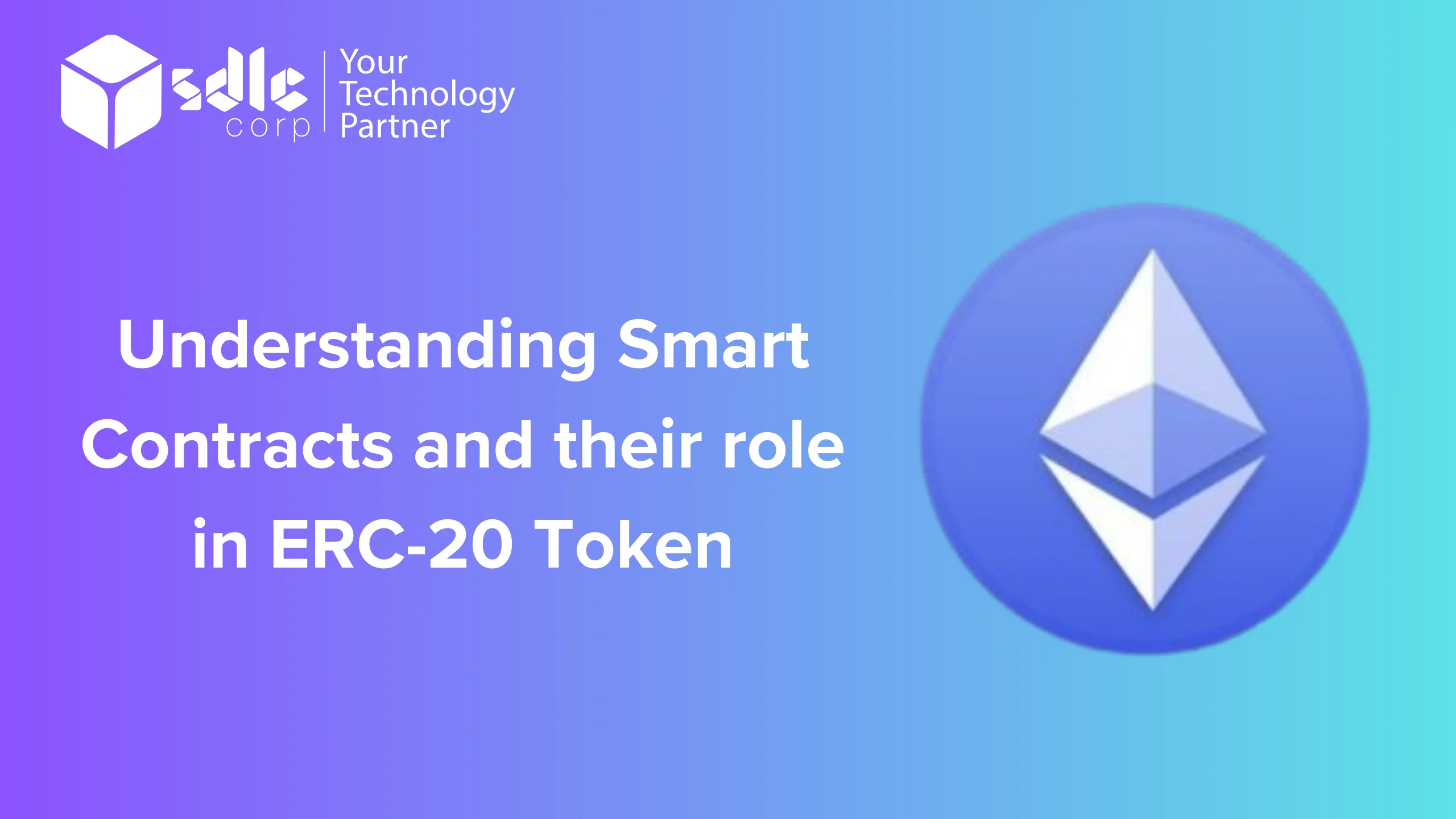Introduction
In the world of blockchain technology, smart contracts are revolutionary. They automate the execution of agreements and ensure that all parties to the contract adhere to the terms without the need for an intermediary. When it comes to the Ethereum blockchain, smart contracts not only support the network’s functionality but are integral to the operation of ERC-20 tokens, the standard for creating fungible tokens. This article delves into what smart contracts are, how they work, and their pivotal role in the context of ERC-20 tokens, exploring use cases of ERC-20 tokens that demonstrate the practical applications and benefits enabled by these automated contracts.
What are Smart Contracts?
Smart contracts are innovative tools within blockchain technology that function as self-executing agreements. Unlike traditional contracts, where terms are typically written in natural language and enforced by legal entities, smart contracts encode these terms directly into lines of code. This code resides across a distributed and decentralized blockchain network, ensuring transparency and immutability. Once deployed, smart contracts autonomously execute their predefined instructions based on the conditions agreed upon by all parties involved.
Transactions conducted through smart contracts are traceable on the blockchain, providing a transparent record of all actions. Crucially, the decentralized nature of blockchain technology means that smart contracts operate without relying on a central authority, legal system, or external enforcement mechanism. This decentralization ensures that agreements are upheld and transactions are irreversible once executed, fostering trust and efficiency in a wide range of applications, from financial transactions to supply chain management and beyond.
How Do Smart Contracts Work?
Smart contracts operate on a simple “if/when…then…” principle, which is directly written into code. When predefined conditions are met, the smart contract automatically executes the agreement. Here’s a simplified workflow:
- Deployment: A smart contract is written in a programming language (like Solidity for Ethereum) and deployed on the blockchain.
- Execution: When triggered by a transaction or another contract, the smart contract executes its code and interacts with the blockchain.
- Validation: Network nodes validate the transaction via the consensus mechanism, and the result is added to the blockchain.
Experience growth with our token sale

The Role of Smart Contracts in ERC-20 Tokens
ERC-20 tokens are a type of smart contract that follows a specific standard established on the Ethereum blockchain. This standard ensures that varying tokens will function predictably in the ecosystem, such as in wallets and decentralized exchanges. Here’s how smart contracts are utilized in the creation and management of ERC-20 tokens:
- Token Creation: The initial creation of ERC-20 tokens is executed through a smart contract. This contract stipulates the total supply, manages distribution, and enforces rules around how the new tokens can be accessed and transferred.
- Transaction Management: Every transfer of an ERC-20 token between wallets is a transaction that needs to be approved and recorded on the Ethereum blockchain. Smart contracts automate these transactions, ensuring they are completed securely and efficiently.
- Interoperability: Because all ERC-20 tokens follow the same set of standards, they are inherently interoperable with various applications and services within the Ethereum ecosystem. This includes exchanges, wallets, and other financial services.
- Governance: Some ERC-20 tokens come with governance features, allowing token holders to vote on important issues such as protocol changes and upgrades. These voting mechanisms are managed through smart contracts, which ensure that each vote is counted and that the outcome is implemented automatically.
- Decentralized Finance (DeFi): ERC-20 tokens are extensively used in DeFi applications, ranging from lending platforms to automated market makers. Smart contracts govern these interactions, managing everything from collateralization and interest accrual to token swaps and liquidity provision.
Conclusion
Smart contracts are a foundational technology in the blockchain space, particularly within the Ethereum ecosystem. In the context of ERC-20 tokens, they not only facilitate the creation and management of digital assets but also ensure that these tokens operate seamlessly across the myriad of decentralized applications. As blockchain technology continues to evolve and expand, the role of smart contracts is likely to become even more crucial, pushing the boundaries of what can be automated and decentralized. Understanding these contracts and their capabilities is essential for anyone looking to engage deeply with the blockchain industry. Additionally, exploring the Top 10 TRC-20 Tokens can provide insights into the diversity and innovation within the Tron blockchain ecosystem, showcasing various token applications and their impact on decentralized finance, gaming, and other sectors.















